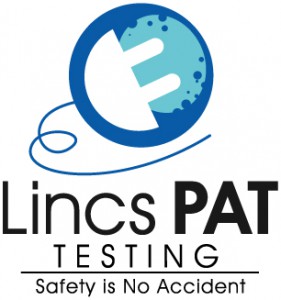As a school administrator, the safety and well-being of your students and staff is likely one of your top priorities. One area that is often overlooked in this regard is the safety of the school’s electrical appliances. This is where PAT (portable appliance) testing comes in.
The Health and Safety Executive (HSE) recommends that all portable electrical equipment used in a school should be regularly inspected and tested to ensure that it is safe for use. This includes appliances such as computers, projectors, and kitchen equipment.
But why is PAT testing so important in schools specifically? For one, schools often have a high turnover of students and staff, which means that appliances may be moved or used more frequently than in other settings. Additionally, many of these appliances are used by young people who may not be aware of the potential dangers associated with electrical equipment.
By having regular PAT testing done, schools can ensure that any potential safety hazards are identified and addressed before they can cause harm. This not only keeps students and staff safe, but it also protects the school from potential liability in the event of an accident.
PAT testing is a relatively quick and straightforward process, and it can be done with minimal disruption to the school’s daily operations. A PAT testing technician will conduct visual inspections and use specialized equipment to test the appliances for any issues such as frayed cords, damaged plugs, and other hazards. Any appliances that fail the test will be marked as unsafe and will need to be repaired or replaced.
In addition to the peace of mind that regular PAT testing can provide, it also serves as a valuable opportunity for schools to maintain and update their electrical equipment. By identifying any issues with appliances early on, schools can make plans to replace them before they become a problem.
In conclusion, PAT testing is an essential aspect of maintaining a safe and healthy learning environment for students and staff. By having regular PAT testing done, schools can ensure the safety of their electrical appliances and protect themselves from potential liability.
